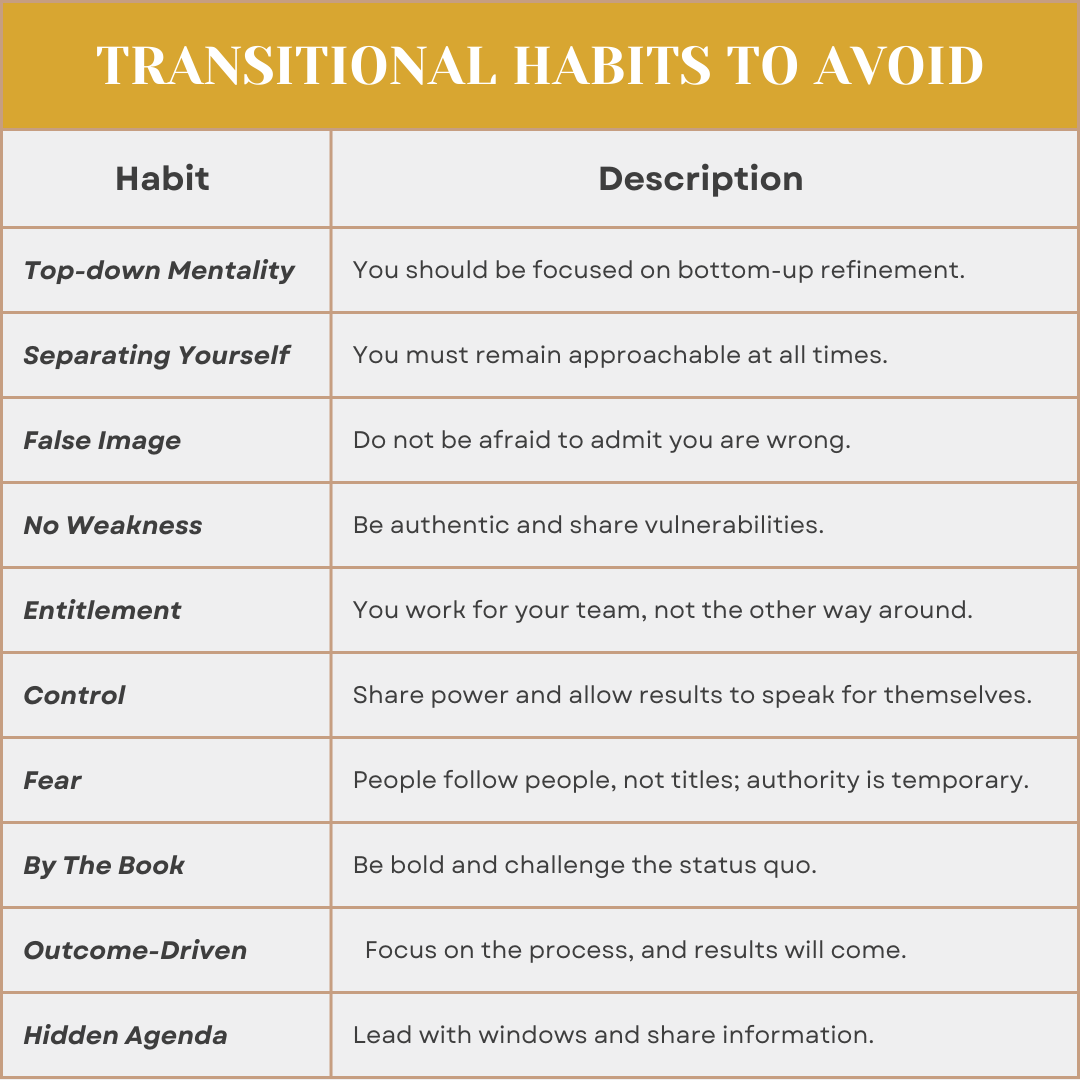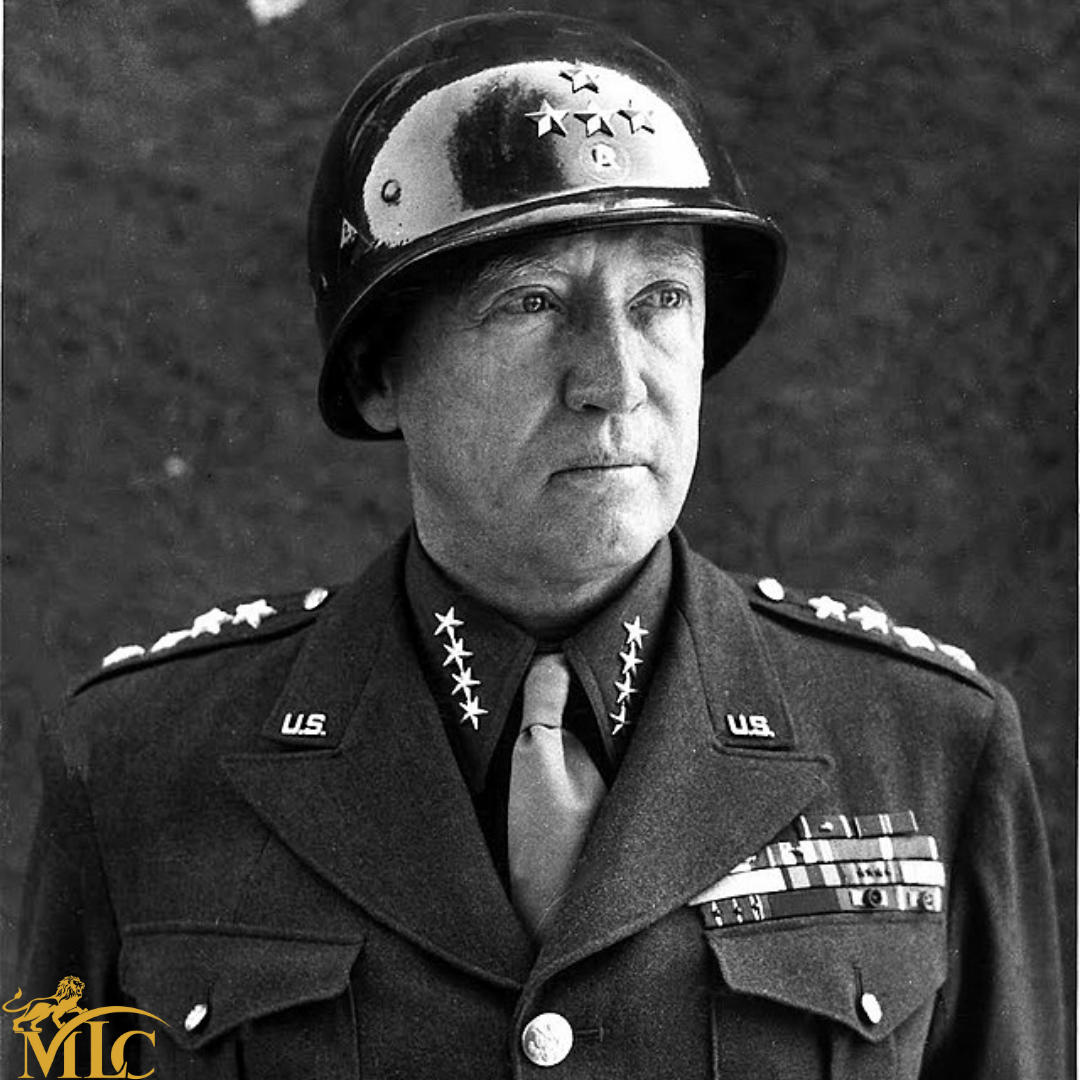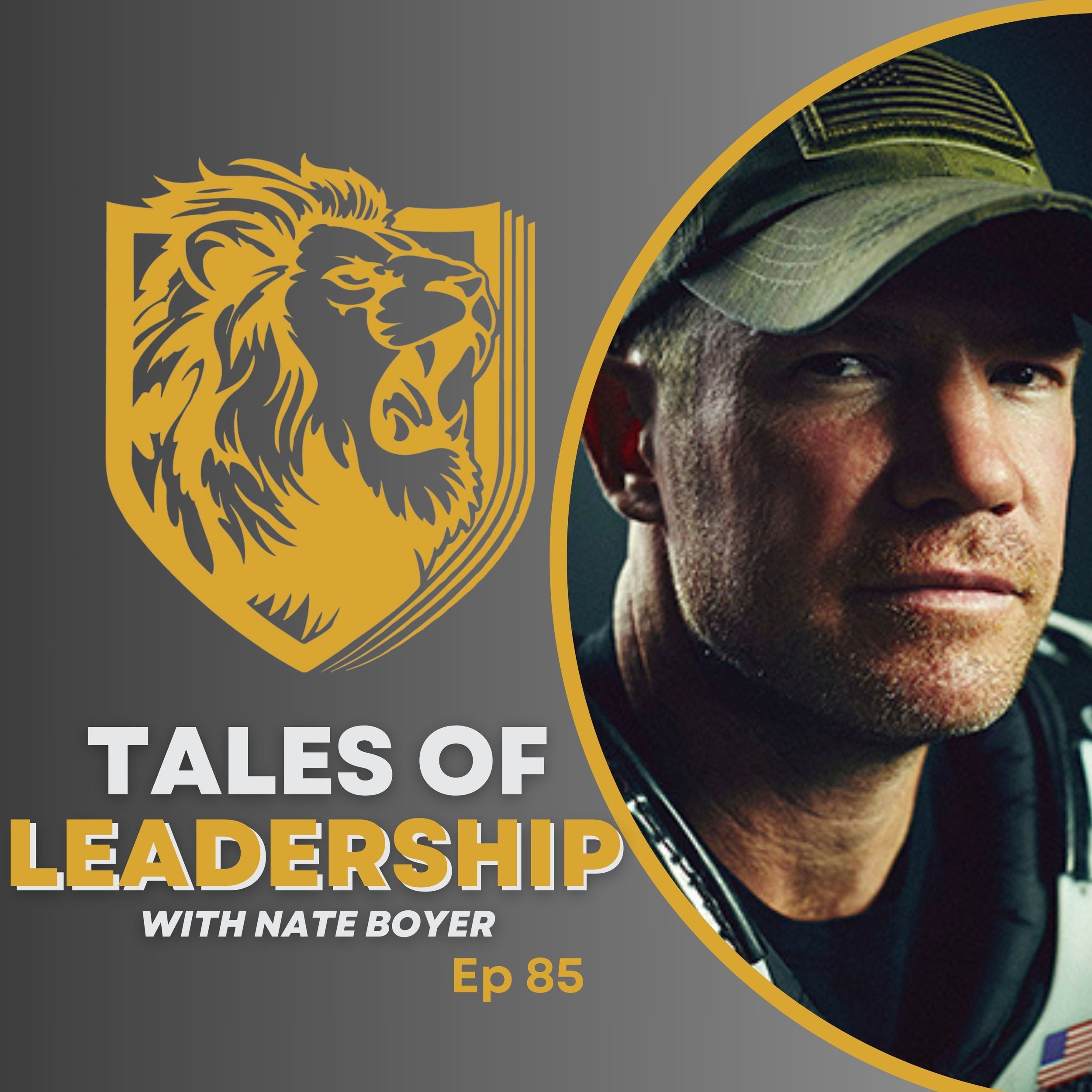Article 15: Seven (7) Ways To Lose At Shaping Leaders
In this blog, I will outline seven ways Purposeful Accountable Leaders (PALs) lose at the 5th Phase Of Leadership (POL), Shaping Leaders. The 5th POL on your leadership journey demands that you begin to invest heavily in others to shape future leaders. Once you've started to win consistently, you must shift efforts and focus on forging leaders within your organization. By creating better leaders, you tap into the Rule Of Compounding. The Rule Of Compounding states as one leader adds value to another, that value will multiply throughout the team. Creating more leaders will improve efficiency, give you more time to think critically, and allow you to continue progressing on your leadership bridge. If you fail to build better leaders in your organization, you will plateau on your journey and never achieve your full potential.
"The test of your leadership is not what happens when you are there, but what happens when you're not there."
-Ken Blanchard
Transitional Thinking
How we think is the stepping stone to our actions. If a leader is trapped in transitional thinking, they are only focused on the outcome, not the process. Once you reach the 5th POL, leaders must operate from an aerial perspective. If you remain at the ground level making tactical decisions, who is making the strategic decisions and charting the course for the organization? It is possible to get results with transitional habits. However, you will never sustain success or achieve extraordinary results. A fact of leadership is the team will rise to the level the leader displays.
A secondary side effect of transitional habits is a lack of traction. You may get temporary results but cannot maintain momentum unless your team is committed. Why? Because you are working inside your organization making tactical decisions, withholding critical information, avoiding constructive candor, and limiting your team's mission command. If you wanna create lasting change and begin to move mountains, amplify your ability to inspire. Leaders can only do this if they break away from transitional thinking habits that erode trust and lose respect from their team. You will never achieve your full potential until you can help others first. Here is a quote by Albert Einstein that beautifully sums this up. "Strive not to be a success, but rather to be of value." Below is a list of 10 transitional habits you must avoid.
10 TRANSITIONAL HABITS
Driven By Weakness
Transitional leaders are driven by their weaknesses and avoid strengths. You need to focus on strengths to build future leaders in your organization. To build up junior leaders, you must confidently understand who you are. If you are focused on developing your weaknesses, that mindset is adopted in your organization. The Pareto Principle comes into play here by helping you bound your strengths and sharpen them. The Pareto Principle allows leaders to focus on the top 20% of their strengths, achieving 80% of future results.
The fastest way to build momentum is by mastering your strengths and fostering the development of your teams. By focusing on your weaknesses, you are training future leaders to emulate that behavior when they reach your leadership level. The organization will lose traction and never develop confident leaders at the scale required to create extraordinary results by expanding your weakness. Master your strengths and help others master theirs.
Lacks Leadership Intelligence
Transitional leaders lack Leadership Intelligence (LI). As you progress on your leadership bridge, you must understand the three levels of LI. As our responsibilities increase, our success is less about the work we individually perform and more about how the team performs. The first level of LI is tactical intelligence. Tactical intelligence means your success is dependent on your job, not others. The second is operational intelligence which is when the leader is actively developing plans and helping the team perform the mission. When you are at this level, you are still in the trenches, but your work does not contribute to the results compared to your team. The third phase is strategic intelligence. Strategic intelligence is when leaders begin to separate themselves from daily decisions and focus on the long-term vision.
Leaders aspiring to be at the 5th POL need to empower their organization and operate with an operational intelligence sprinkled with strategic intelligence. However, you must understand when to get into the trenches and help your team solve complex problems. Regardless of your level, there will be a problem only you can solve.
Short Sighted
Transitional leaders are focused on problems in the present and never look forward beyond the next terrain feature. By thinking with a short-term view, you are reactive and not proactive. Part of shaping future leaders is creating time to spend with your team. Short-sighted thinking does the opposite and will result in a loss of time, halting any gained momentum. If you remain attentive to the present small fires will continue to irrupt and eventually encircle you. You're no longer offensive; you are in survival mode. PALs cast a vision into the future, identify areas of concern, and confront them before they cause issues in the present. By casting a vision, you are developing the path for your organization to remain offensive. Leaders take their team on a journey; you cannot do that if you consistently put out fires in the present.
Time Management
Transitional leaders allow outside forces to manage their time. Time is a leader's most precious resource. With it, you can think critically and begin to solve complex problems. However, transitional leaders do not take the time to develop others. As mentioned in the previous example, you need time to shape your team members into tomorrow's leaders. It's easy to get trapped as a leader by your email, calendar events, or distractions within your organization.
Remember, the most critical job of a leader is spending quality time with their team. Notice I said quality time because that is your most valuable resource. If you choose to invest in your future leaders, do it with purpose, or don't do it at all! A leader's job is to create an environment that fosters a mentor/coaching culture. Unless you make it a priority, no one else within the organization will. If you want to build a winning team replicating leaders, find the time.
Self-sabotage
Transitional leaders allow self-defeating habits to erode their confidence and cause them to lead in a mental fog. We all have insecurities that, if we let them, can ruin our ability to be decisive and cause irreparable damage to the organization. Insecurities are part of the human condition; however, leaders must overcome them. As a leader, self-sabotaging behavior can cause more harm to your organization and permanently affect your reputation. Remember, at its core, leadership inspires others to take bold action toward complex problems to achieve extraordinary results.
8 SELF-SABOTAGING BEHAVIORS
If you are unsure of your abilities and begin to second-guess your decisions, you will never inspire others to take bold action. There is never a perfect decision or time, but in-action will lead to catastrophic consequences. Regardless if you're entering into battle or creating a business strategy having a plan that is 70% is better than no plan if executed with passion. Leaders who suffer from self-sabotaging behavior lack the enthusiasm and confidence to implement their strategy and create buy-in for their team. Above are some self-sabotaging behaviors to avoid.
George S. Patton
A good plan violently executed now is better than a perfect plan executed at some indefinite time in the future.
Not Consistent
Consistency is a practice that transitional leaders lack. Leaders that are consistent understand how vitally important it is to shape future leaders. I have a saying, routine action leads to extraordinary results. I have served in organizations that succeeded with consistency while pursuing excellence and have been a part of organizations that lack it.
Consistency is a snowball. With it, you make micro improvements to advance the organization towards a shared vision. Without it, you lose momentum and halt forward progress. To be a PAL, you must routinely live the values you want to be replicated in the organization. To do that, you must remain routine with daily habits and establish an environment that creates an unfair advantage for those positive routines while penalizing harmful practices. Inconsistent leaders erode the organization's trust and will never develop transformational leaders.
Final Thoughts
The 5th POL is a difficult milestone because it takes routine action. However, if you aspire to be a PAL, you must remain committed, coachable, and curious, continually seeking ways to improve yourself and others. Be willing to call out transitional thinking in your organization to shape future leaders. When you see transitional habits, take bold action to pull the weeds before they spread. Secondly, take control of your time. There are hundreds of excuses every day that I could use to avoid remaining consistent. However, I choose to stay routine, accountable, and disciplined because I know my time invested in others will create extraordinary results.
Finally, do not allow self-sabotaging habits to erode your confidence. There are countless negative behaviors a leader could possess. You must be confident and clearly understand who you are to overcome them. If you have made it to this point in your leadership bridge, you know your passion, are working towards your purpose, and are mastering your strengths. Do not allow weaknesses to consume you. PALs leverage their team's collective strengths to cover the dead space.
After Action Review
What transitional habits are holding you back?
How does your direct involvement contribute to your team's success?
What ways do you manage your time?
My Mission: I will end toxic leadership practices by equipping leaders with transformational leadership skills.
Together, we will impact 1 MILLION lives!!!
Every day is a gift, don't waste yours!
Joshua K. McMillion | Founder MLC | Founder MLC

































Episode 94 with Leanne Meyer